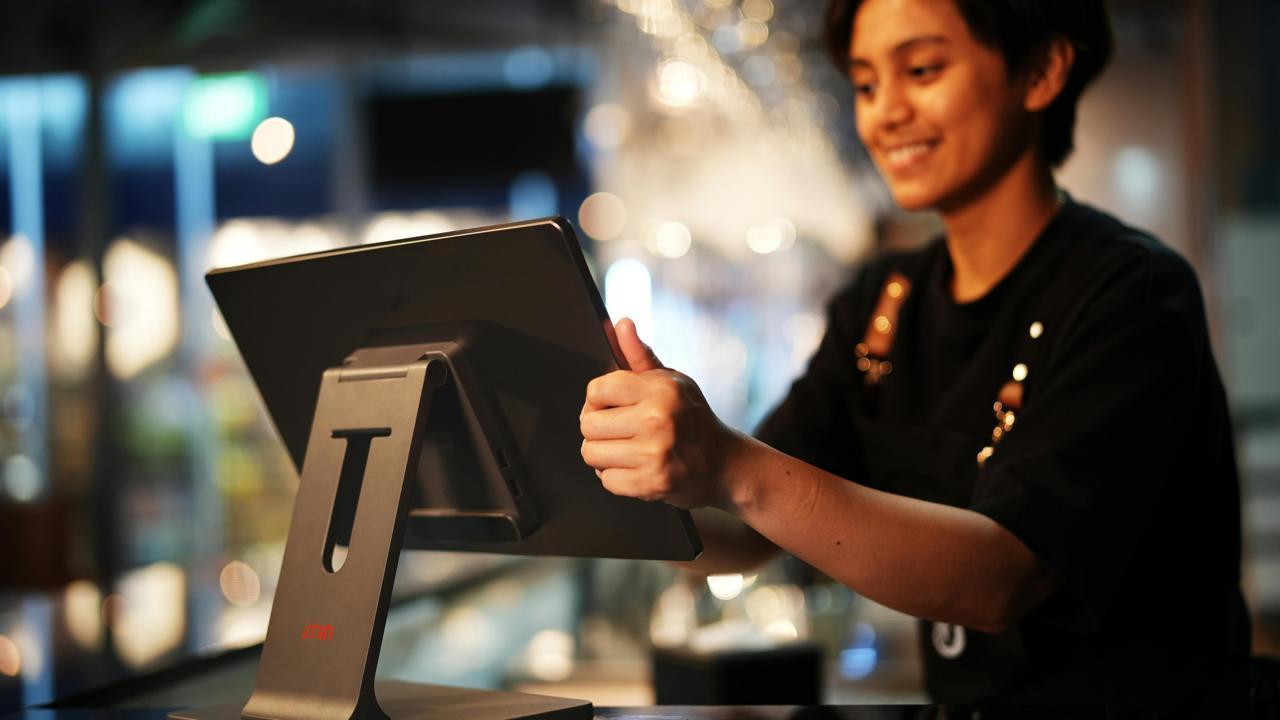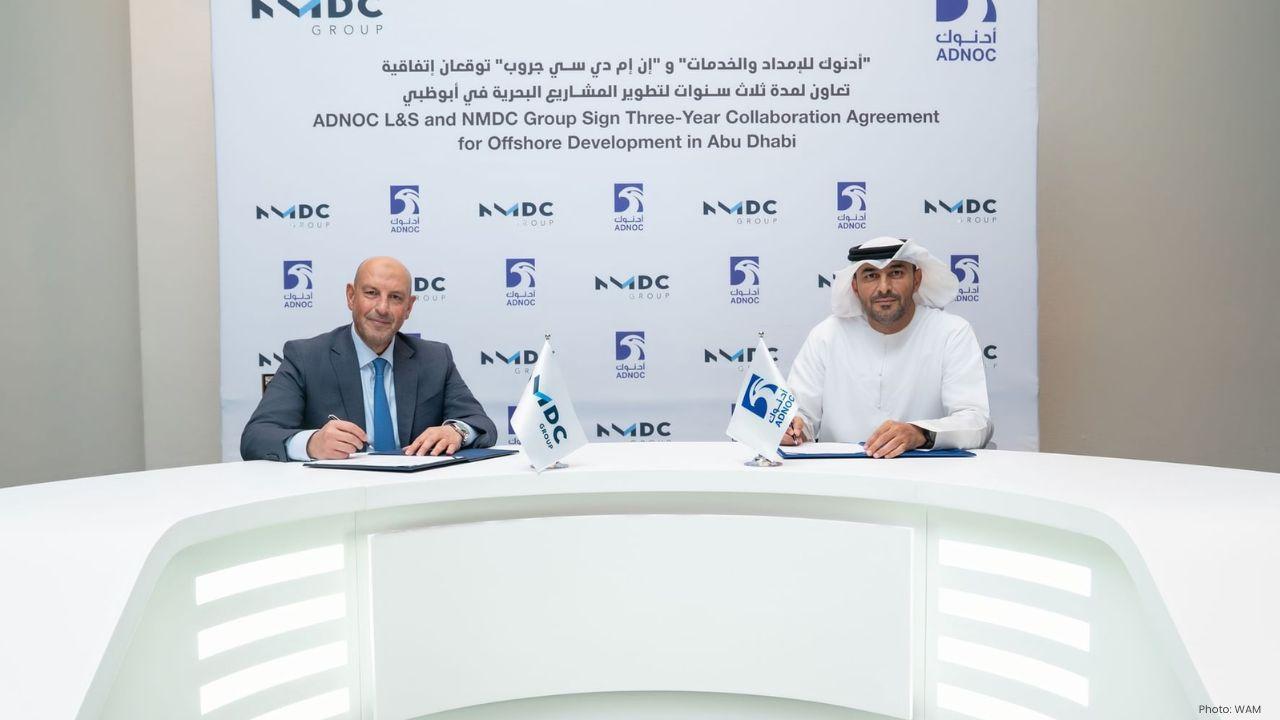
Post by :
A New Era for Dining in the UAE
The United Arab Emirates has long been celebrated for its vibrant dining culture, with everything from Michelin-starred fine dining to bustling food courts shaping its cosmopolitan culinary scene. In 2025, a new force is quietly but powerfully reshaping the restaurant industry: artificial intelligence. Restaurants across Dubai, Abu Dhabi, and Sharjah are increasingly turning to AI-powered analytics to sharpen their operations, improve customer experience, and gain a stronger profitability edge. What was once the exclusive domain of tech-heavy industries is now being used in kitchens, dining rooms, and delivery hubs across the UAE.
Why Restaurants Are Turning to AI
Margins in the food and beverage (F&B) sector have always been tight. Rising food costs, unpredictable customer demand, and competition from both global chains and local start-ups have pushed restaurateurs to find smarter ways to operate. AI analytics offers an answer by unlocking insights that human managers often overlook. By analyzing vast streams of data—from sales receipts and supply orders to customer reviews and delivery patterns—AI systems are helping restaurants make better, faster, and more accurate decisions.
In the UAE, where innovation is seen as central to economic growth, the adoption of AI in the F&B industry has accelerated. Government-backed initiatives encouraging digital transformation have lowered the barriers for restaurants to experiment with AI-driven solutions. The result is a market that is rapidly becoming a global test bed for next-generation dining technology.
From Kitchen to Table: Real-World Applications
AI-powered analytics in UAE restaurants is not just about crunching numbers in the background; it has real, tangible effects on the way food is sourced, prepared, and served.
One major application is menu optimization. By analyzing customer preferences, seasonal demand, and profitability data, AI tools recommend which dishes to promote, which to phase out, and even what new items might perform well. For example, if data shows a surge in interest in plant-based meals among younger diners, the system can suggest introducing new vegan dishes at the right time.
Another growing area is inventory management. Restaurants often struggle with food waste due to unpredictable demand. AI analytics can forecast sales more accurately, ensuring that perishable items are ordered in just the right quantities. This not only cuts waste but also reduces costs significantly. In a country like the UAE, which imports nearly 90% of its food, such efficiency is invaluable.
On the customer-facing side, AI also powers personalized dining experiences. Some restaurants are using analytics-driven insights to design loyalty programs that recommend meals based on past orders, while others use AI to fine-tune promotions, offering discounts at the right time to the right customers.
Delivery and the AI Advantage
The rise of food delivery apps in the UAE, accelerated during the pandemic, has created another space where AI is proving transformative. Delivery platforms use analytics to predict peak demand hours, optimize driver routes, and even adjust menu availability dynamically. Restaurants connected to these platforms benefit from AI-driven demand predictions, helping them prepare in advance for sudden surges in orders.
For example, during big events such as Expo City exhibitions or major football matches, AI can predict which neighborhoods will experience spikes in delivery demand. This allows restaurants to allocate staff and resources more efficiently, ensuring customers receive their orders on time.
Cost Savings Meet Sustainability
AI-powered analytics is not only boosting profitability but also contributing to sustainability, a key focus area for the UAE as it positions itself as a leader in green innovation. Restaurants that manage their inventory more efficiently reduce food waste—a pressing issue worldwide. Data-driven energy management systems are also helping kitchens cut unnecessary electricity use by analyzing peak consumption patterns.
The government has encouraged such practices, aligning with the UAE’s broader goals under the Net Zero by 2050 strategy. For restaurants, AI therefore represents not just a profitability tool but also a pathway to align with national sustainability objectives.
Challenges to Adoption
While the benefits of AI analytics are clear, adoption in the UAE restaurant industry is not without challenges. The first hurdle is cost. Small and mid-sized restaurants often lack the budget to implement sophisticated AI systems, though cloud-based subscription models are beginning to make solutions more accessible.
The second challenge is data quality. AI systems are only as good as the data they receive. Many restaurants still rely on manual systems, meaning digitization is a necessary first step before analytics can be effective.
Finally, there is the human factor: some restaurant operators are hesitant to rely too heavily on technology, fearing it might erode the traditional “human touch” that defines hospitality. However, industry experts argue that AI is not replacing humans but rather empowering them with better tools to deliver quality service.
A Competitive Edge in a Crowded Market
The UAE’s F&B landscape is among the most competitive in the world, with global chains, homegrown brands, and luxury hotels all vying for market share. In such an environment, AI analytics offers a competitive advantage that could determine survival and success.
Take Dubai, for instance, where the sheer variety of dining options is staggering. Here, AI-driven insights can help a restaurant stand out by ensuring its offerings and pricing stay precisely aligned with evolving customer trends. In Abu Dhabi, where luxury dining is a key attraction for tourists, AI helps ensure service standards and menu curation meet the high expectations of international guests.
The Future of AI in UAE Dining
Looking ahead, the role of AI in UAE’s restaurant industry is likely to deepen. Experts predict the next wave will involve predictive dining experiences, where AI not only reacts to customer data but anticipates needs before the customer even makes a request. Imagine walking into a restaurant and finding that the AI system has already suggested your favorite dish, based on your last visit and current dietary preferences.
Another frontier is robotics in the kitchen, powered by AI-driven efficiency models. While some UAE restaurants have already experimented with robot baristas and servers, integrating these technologies with analytics platforms could create fully automated dining environments.
In addition, as health consciousness grows among UAE diners, AI will increasingly be used to analyze nutritional data, enabling restaurants to design menus that are both delicious and aligned with wellness trends.
Expert Voices and Industry Outlook
Industry leaders see AI analytics as more than a passing trend. “We are witnessing a digital transformation in the F&B sector that is as significant as what e-commerce did for retail,” said one Dubai-based restaurant technology consultant. “Those who adopt AI analytics today are setting themselves up to lead the market tomorrow.”
For investors, this presents a major opportunity. Startups offering AI-driven restaurant solutions are attracting growing interest from venture capital firms in the Middle East. The region’s supportive ecosystem, combined with government backing for AI development, makes the UAE a natural hub for scaling such innovations.
Data at the Heart of Dining
The UAE’s restaurant industry is in the midst of a fundamental transformation. As AI-powered analytics becomes more widespread, it is reshaping everything from menus and supply chains to customer experiences and sustainability practices. While challenges remain in terms of cost and adoption, the potential for increased profitability and efficiency is too significant to ignore.
In a market as dynamic and competitive as the UAE, where diners expect world-class experiences and innovation is woven into the national strategy, AI analytics is proving to be not just a tool but a necessity. The future of dining in the Emirates will likely be defined as much by data as by flavor, making the marriage of technology and hospitality one of the country’s most exciting growth stories.
AI-Powered Analytics, UAE, Restaurant Industry










NMDC Group And ADNOC L&S Sign Three-Year Deal For Offshore Work
NMDC Group and ADNOC Logistics & Services sign a three-year deal to deliver maritime services for of

Six Miners Trapped After Earthquake Hits Coal Mine In China
A mining-related earthquake struck a coal mine in Heilongjiang, China, trapping six miners undergrou

Train Collides With Bus In Mexico Killing 10 And Injuring Many
At least 10 dead and 41 injured after a train hit a bus at a rail crossing in Mexico. Authorities co

UAE Olympic Football Team Qualifies For AFC U-23 Asian Cup Finals
UAE Olympic football team qualifies for AFC U-23 Asian Cup finals in Saudi Arabia despite 3-2 loss t

Apple Launches iPhone Air With Thinnest Design & Pro Performance
Apple unveils the new iPhone Air, its thinnest model with pro performance, multiple colors, large st

Al Wakrah Wins French Arabian Breeders’ Challenge Sprint Again
Al Wakrah, trained by Jean de Mieulle, wins French Arabian Breeders’ Challenge Sprint in France, mar